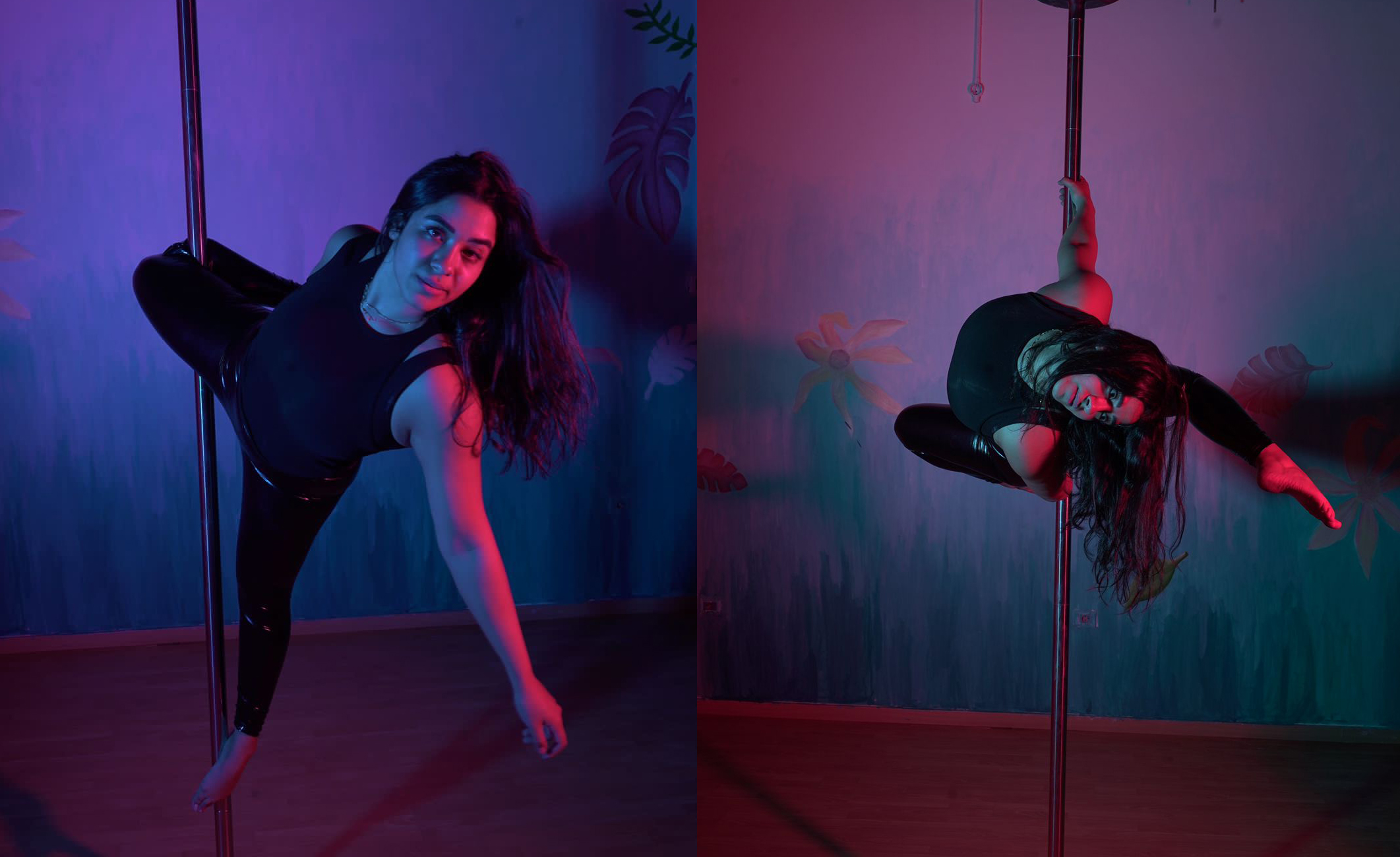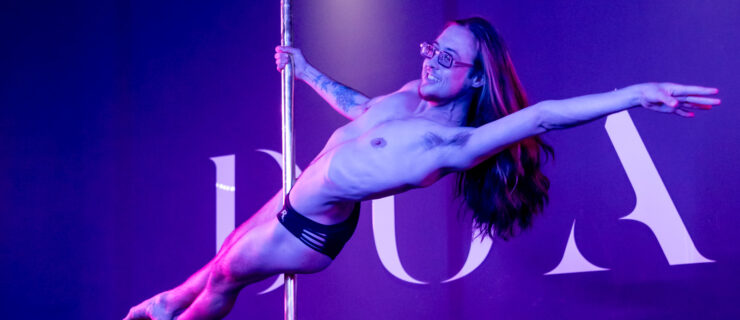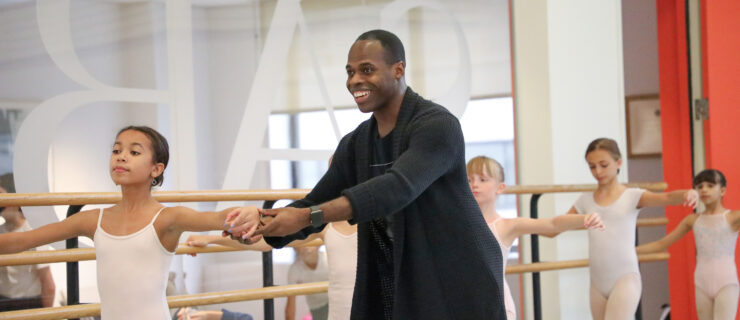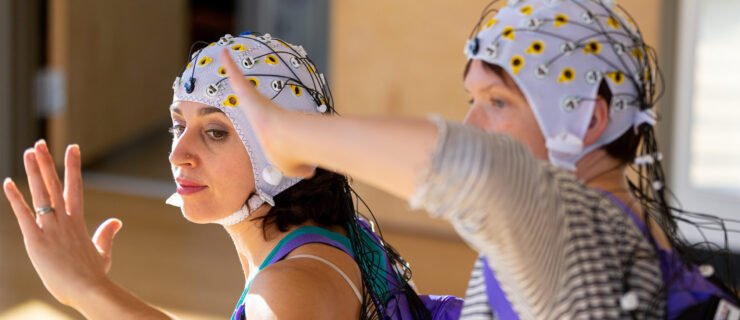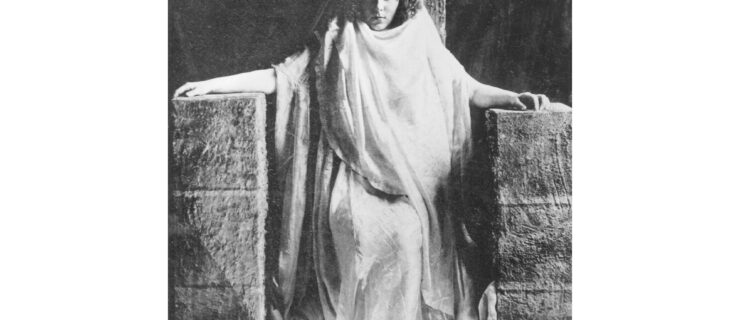The Rise of Pole Dancing in Egypt
Malak Shoeira went to her first pole dance class half-jokingly, after a friend’s suggestion. At the time she was a ninth-grader in Egypt, and almost everything she knew of pole came from American TV. But that was in 2017, when pole dancing was relatively new to Egyptian gyms and dance studios.
She ended up discovering a new passion. “I had never really found myself in something, and pole was so different from anything I had done before,” Shoeira says.
Today, Shoeira is an enthusiastic proponent of pole dancing as an art, a sport, and a means of self-expression. But not everyone in Shoeira’s life has been happy about her dancing. Her dad, especially, needed convincing. “We’d have fights,” she says. “But eventually, especially as I had started coaching, he became more okay with it.”
In many Western countries, pole dance classes achieved mainstream popularity years ago. Egypt’s pole dancing culture has been slower to grow—partly due to the country’s conservative society, and partly because it can be perceived as a Western take on “provocative” belly dancing, an art still facing its own stigmas.
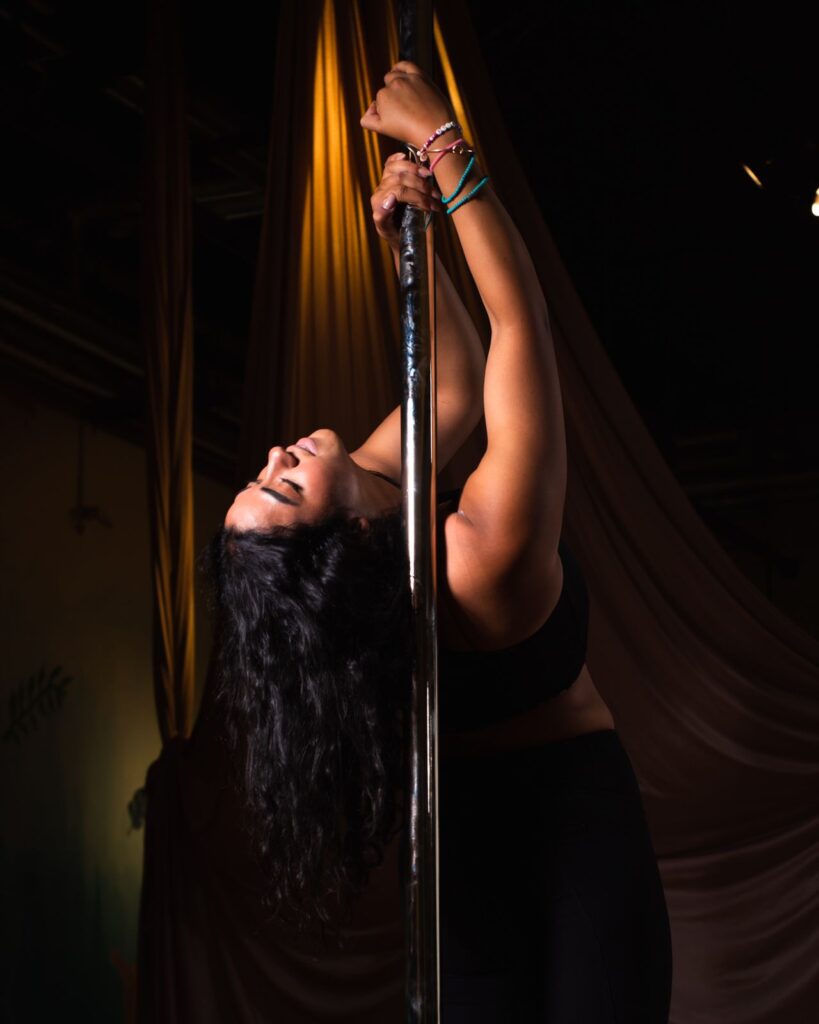
Though social media has helped Egyptian pole dancers tackle taboos, misunderstandings persist. Egyptians wanting to try pole dancing are sometimes suspicious, for example, of its shorter outfits, seeing them as unnecessarily revealing. Shoeira encourages her students to experiment with their clothes for their own confidence, but also emphasizes that bare arms and legs make it easier to move on the pole.
Sharoubim and Shoeira have different opinions on the women-only rules that shape dance culture in Egypt. Shoeira is among the few pole instructors in Egypt teaching mixed-gender classes. They have proved highly successful despite some initial negative reactions, and sometimes even draw more men than women. Sharoubim, on the other hand, believes that women-only spaces are crucial in Egypt, as they typically help women feel safer and free to take off their hijabs or wear form-fitting clothes.
Sharoubim’s students span a wide age range; she says she’s had several older pupils who were dedicated from the start. “One 62-year-old woman told me pole made her feel like she ‘was flying’ and that she became ‘20 years younger,’ ” Sharoubim says. A 45-year-old told Sharoubim that pole and its sensuality helped her love her body and herself. Across generations, Egyptians are finding a new kind of freedom in pole dancing.
